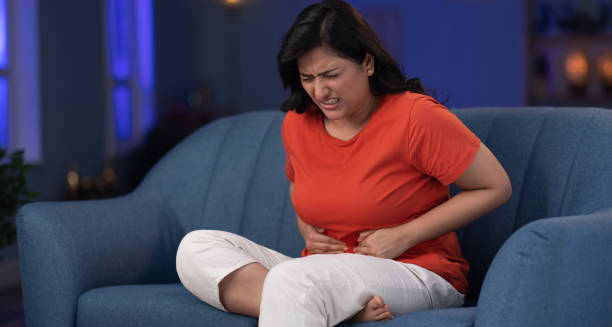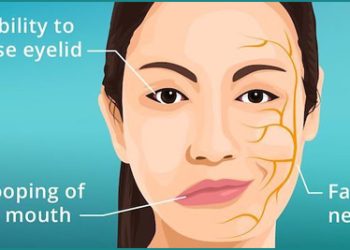Complications and Recovery from Constipation
Complications and recovery from constipation vary depending on how quickly the condition is recognised and treated. Although most cases of constipation are mild and resolve with dietary changes or hydration, chronic or severe constipation can lead to significant health issues, some requiring urgent medical attention.
1. Common Complications
Haemorrhoids: Straining puts pressure on rectal veins, causing them to swell and become painful or itchy. They may bleed during defecation.
Anal fissures: These are small tears in the skin around the anus, often caused by passing hard stools. They can cause sharp pain, especially during and after bowel movements.
Faecal impaction: This occurs when dry, hardened stool becomes lodged in the rectum. It may block further passage of stool and can result in pain, nausea, and leakage of liquid stool around the blockage.
Rectal prolapse: Repeated straining can cause the rectal wall to slip through the anus, especially in older adults or those with weakened pelvic floor muscles.
Overflow incontinence: Liquid stool bypassing a blockage may be mistaken for diarrhoea, particularly in children or the elderly.
2. Psychological Effects | Complications and Recovery from Constipation
Constipation can take a toll on emotional well-being. Children may withhold stool due to pain or embarrassment, leading to a cycle of worsening constipation. Adults may avoid social situations, travel, or work due to anxiety about bowel problems. In long-term sufferers, chronic discomfort can reduce quality of life.
3. Recovery Timeline
Recovery depends on the cause and how soon treatment begins:
Short-term cases often resolve within a few days of increased fluid and fibre intake.
Chronic cases may take weeks or months of consistent treatment, especially if related to medication, motility disorders, or mental health.
Post-complication recovery, such as after fissures or impaction, may require extended follow-up and pain management.
4. Long-Term Management | Complications and Recovery from Constipation
To maintain recovery and prevent future episodes:
Continue eating a balanced, high-fibre diet
Stay hydrated daily
Maintain regular physical activity
Respond promptly to the urge to defecate
Avoid long-term use of laxatives without medical advice
In conclusion, complications and recovery from constipation are closely tied to how quickly the condition is addressed and whether preventive steps are taken. With the right approach, most people recover fully and maintain normal bowel function through simple but consistent habits.


